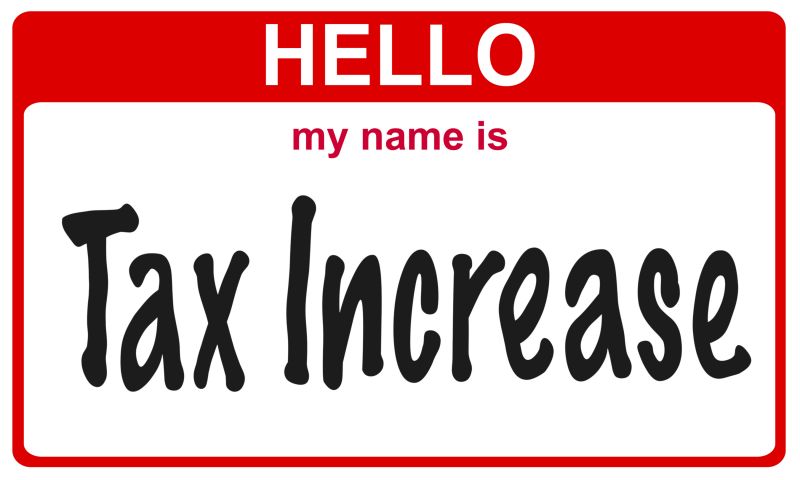If you own property anywhere in Fayette County — whether inside its cities and towns or in its unincorporated areas outside city limit lines — you are almost certainly facing a larger tax bill this fall.
The three largest cities in the county plan tax increases ranging from 9% to nearly 17%. The county plans a tax increase of 12%. And the largest local government spender in the county — the Fayette County Board of Education — plans a tax increase of 12%.
And all of them have been holding or are about to hold public hearings where citizens can tell their elected representatives what the taxpayers think about the higher tax bills.
Don’t expect any last-minute rollbacks, however. The local governments’ budgets have all been set with the expectation of paying for proposed expenditures with those increased revenue collections.
Here’s what’s coming:
• The Fayette County Board of Education (the school system) — New 2023 tax rate: Effective tax increase: 12.32% over the revenue that would be produced by the rollback rate. New millage rate: 19.25 mills, plus eight-tenths of a mill to pay back a school bond. School system general fund budget for Fiscal Year 2024: $268.2 million. The system explained its rate increase and the financial challenges it faces here.
Here are the school board public hearing meeting dates: Millage rate public hearing and work session, Monday, Aug. 14, 11:30 a.m; #2 on Aug. 14 at 6:00 p.m; #3 on Monday, Aug. 21 at 6:30 p.m.
Called Business Meeting (originally scheduled for Aug. 28) on Aug. 21 7:00 p.m.; CANCELED Meeting on Aug. 28 7:00 p.m.
• Fayette County (the county government) — Effective tax increase: 12.02% over the revenue that would be produced by the rollback rate. New 2023 tax rate: 4.034 mills, an increase of 0.433 mills.
Public hearing dates: Thursday, Aug. 17, 10 a.m. and same date at 6:00 p.m.
• Peachtree City — Proposed maintenance and operations rate: 6.043 mills, same millage rate, but because of the increase in property values, it represents a tax revenue increase of 12%.
Pubic hearing dates: Thursday Aug. 10, 2023, 9 a.m.; Thursday, Aug. 17, 2023, 9 a.m.; Thursday, Aug. 17, 2023, 6:30 p.m.
• Fayetteville — In percentage terms, leads all local governments with a tax revenue increase of 16.92% more than would be produced by the rollback rate. New millage rate: 5.646 mills, an increase of 0.817 mills.
Public hearings: Fayetteville City Hall on Thursday, Aug. 17 at 9:00 a.m. and again at 6:00 p.m. the same day; also Thursday, Aug. 24 at 9:00 a.m.
• Tyrone — Tax revenue increase of 9.41% compared to last year. Millage rate of 2.889, same as last year but calculated to raise more revenue because of the increase in property values.
Public hearing was Aug. 10 and will be on Tuesday, Aug. 15 at 5:00 p.m. and adoption on Thursday, Aug. 17 at 6:30 p.m.













Leave a Comment
You must be logged in to post a comment.